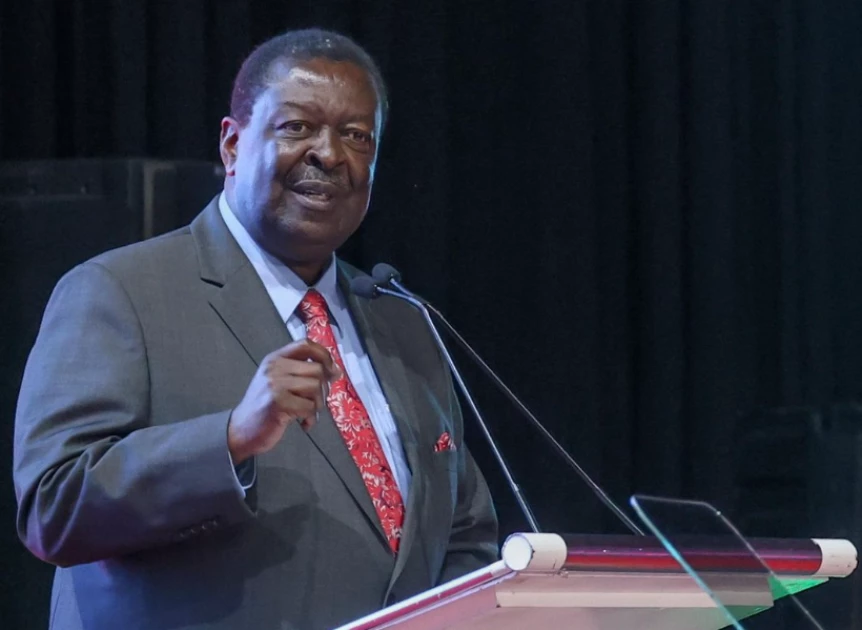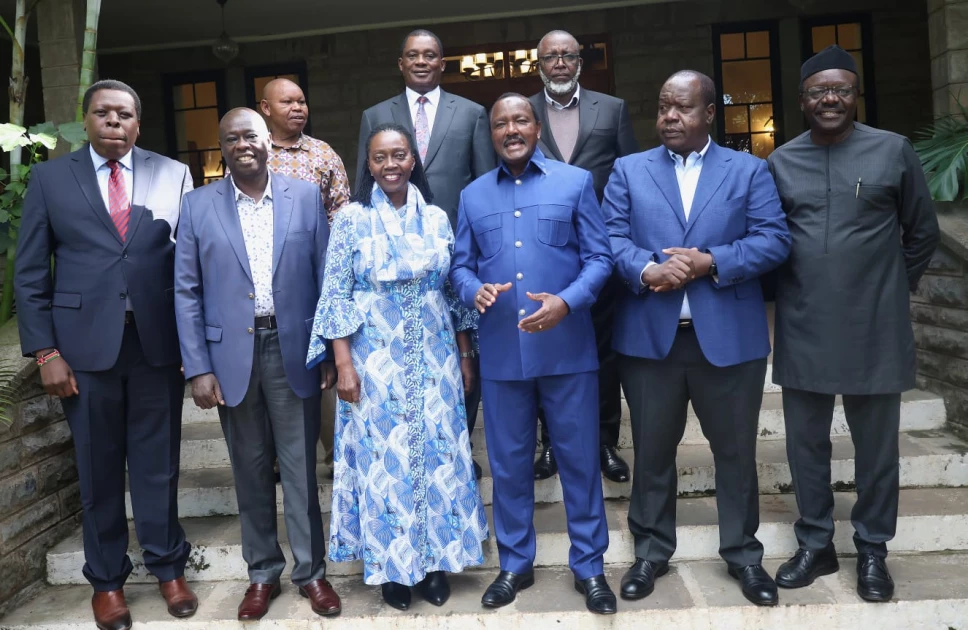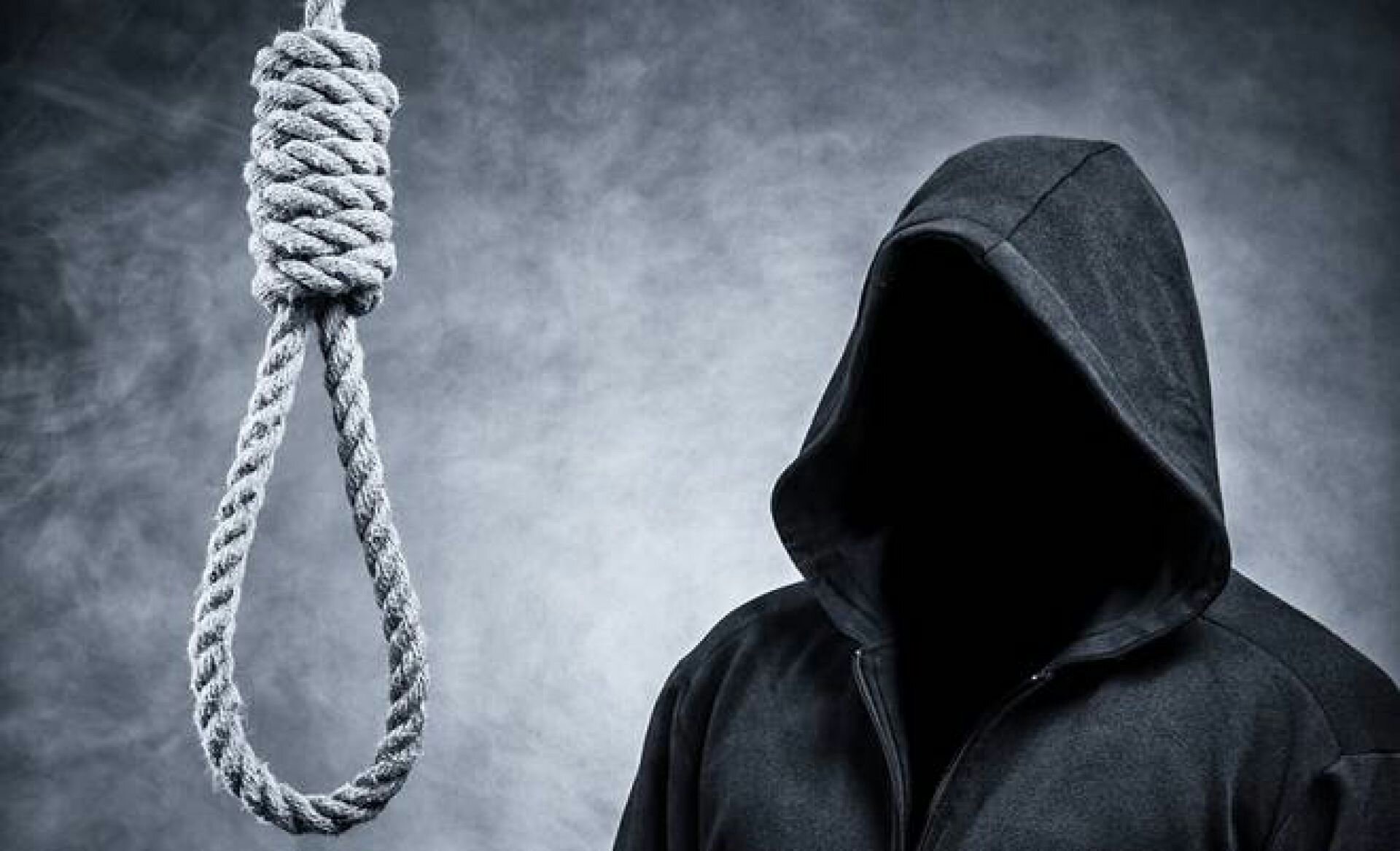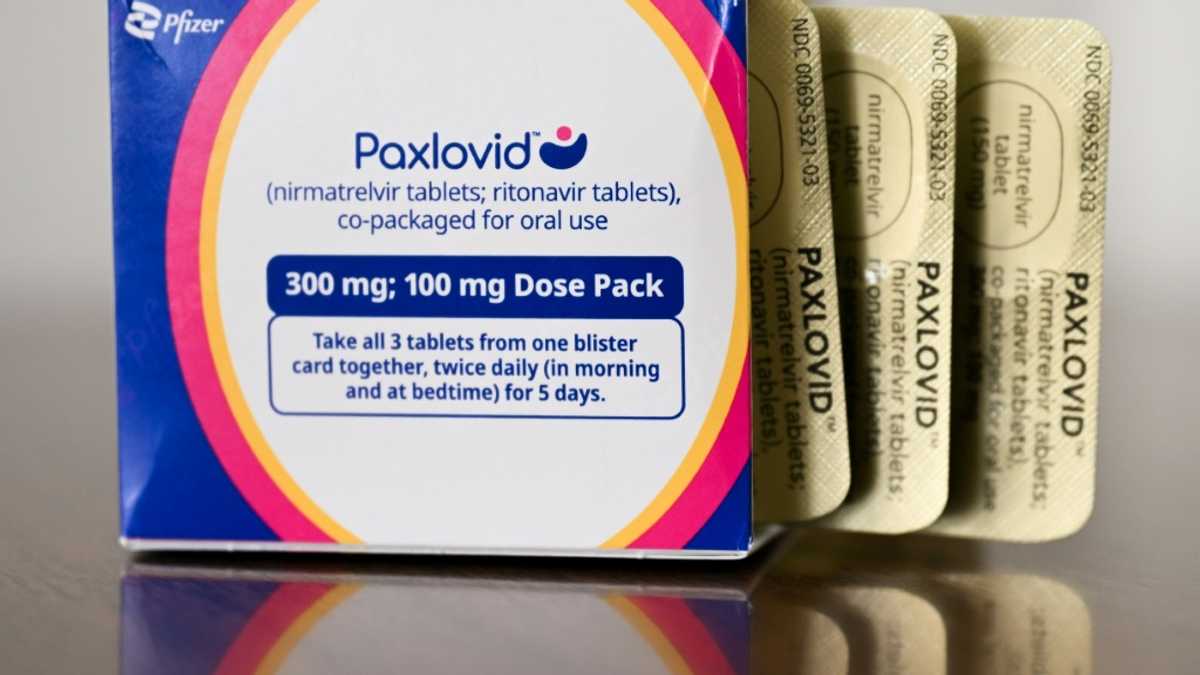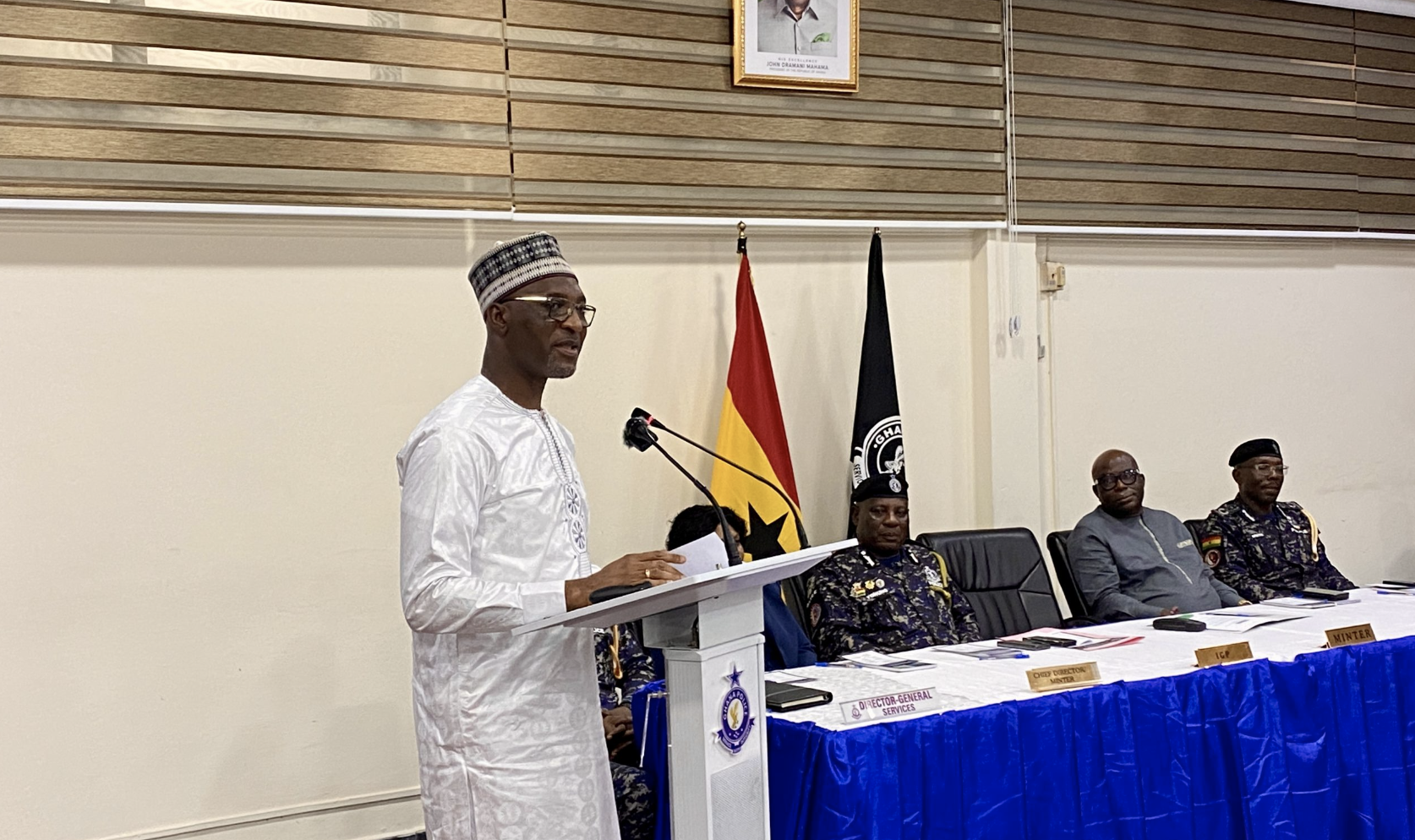Interior Minister worried over drug trafficking in prisons - Orders police to clean drug den in Kumasi
He said the lack of proper surveillance had turned prisons into hubs for drug transactions, posing a serious threat to national security.
He has thus suggested the need to provide modern equipment installed at the facilities to help detect contrabands.
Addressing a meeting with Islamic leaders in the Ashanti Region last Thursday, the minister intimated that inadequate security measures had made it almost impossible to detect contraband items being smuggled into prisons.
“It is very shameful to say this, that we don’t even have X-ray scanners in our prisons, so our prisons have become a centre for drug trafficking.
“People who go in and out are only subjected to hand searches, and there is no way hand searches will be enough to detect everything.
“We need to have X-ray scanners so that as people walk in and out of the prison, you will be able to tell what they are carrying in and out,” he said.
He emphasised that without modern technology such as X-ray scanners and CCTV cameras, prison officials remained powerless to stop the smuggling of illegal substances.
According to him, these security lapses had transformed correctional facilities into thriving drug markets.
To address this growing concern, the minister announced plans to introduce CCTV cameras and surveillance technology to help monitor activities within prisons.
However, he admitted that this alone would not solve the problem, as other fundamental issues needed attention.
"We are trying to introduce technology where we will get these scanners, put CCTV cameras across our prisons so that we will be able to watch what is happening in our prisons," he said.
Beyond security failures, the minister also highlighted the dire conditions within prisons, particularly the inadequate feeding budget for inmates.
He revealed that since 2011, prisoners have been surviving on a meagre allowance of 1 cedi 80 pesewas per day for three meals.
“Feeding is even a problem. Since 2011, we have been feeding our prisoners with GH¢1.80 a day.
“Even the school feeding programme, which provides just one meal, has been increased to GH¢2. And yet we keep adult prisoners and feed them three meals a day at GH¢1.80.
He gave an assurance that there would be an effective collaboration to solve these challenges to ensure that the prisons could become a correctional facility and not a place for condemnation as many people perceived it to be.
In a related development, Alhaji Muntaka has tasked the Ashanti Regional Police Command to take swift action against ‘Tinker Island’, one of the most notorious drug dens in the Kumasi metropolis, in a move to tackle the growing menace of drug trafficking and abuse.
The den, widely known for its illegal drug trade and abuse, has been a source of concern for residents and law enforcement agencies for some time.
‘Tinker Island’ has gained a reputation as a hub for drug distribution, attracting dealers and users from various parts of the city.
Speaking during his engagement with the Ashanti Regional Police Command, the Interior Minister revealed that the den had become a hotspot for the sale of illegal substances, contributing to the alarming rise in drug-related crimes and violence in Kumasi.
The drug operations are reportedly running openly, with dealers using the area as a base for their illicit activities.
Mr Mubarak has directed the Regional Police Command to eradicate the den in the next six months, condemning failed attempts to clear the area of drug dealers.

